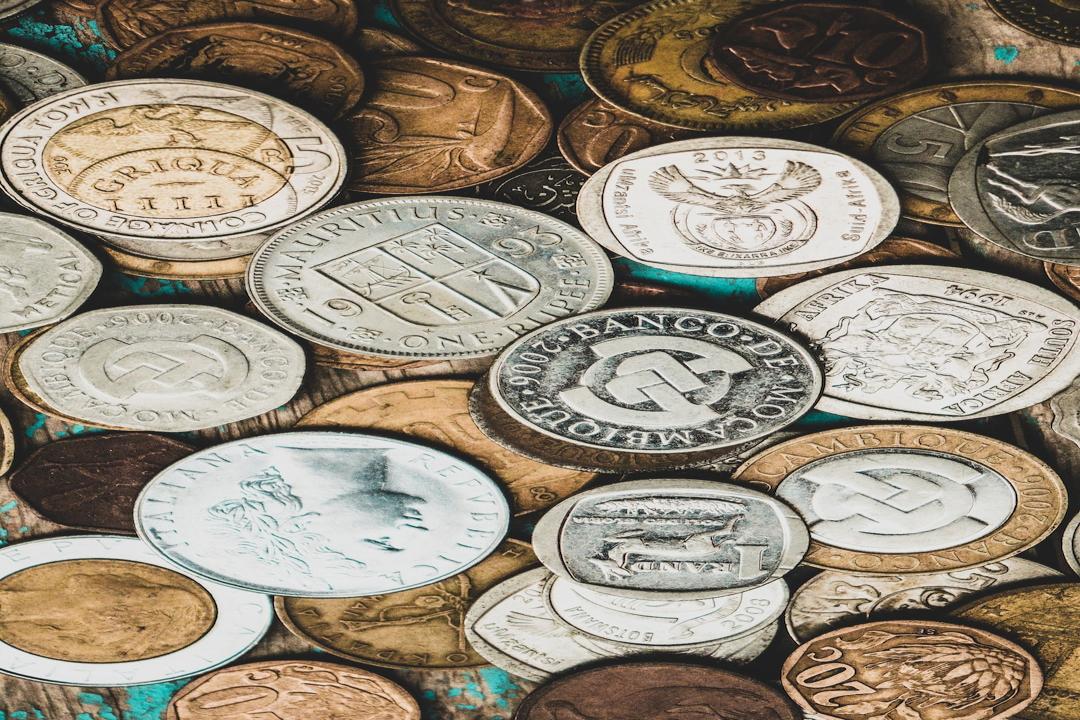Ancient Wine Region Introduces Blockchain, Upgrading $2.6 Million Wine Export Market
Georgia, one of the birthplaces of winemaking globally, boasts a winemaking history spanning thousands of years. Its traditional methods, including fermentation in large clay vessels known as “QVEVRIS,” create a unique flavor that stands out in the global market.
Recently, the National Wine Agency of Georgia (NWA) collaborated with the Cardano Foundation to launch a blockchain traceability program for wine, injecting a new quality assurance tool into a wine industry with an annual export value of $2.6 million. This innovative program not only demonstrates the Georgian government’s commitment to industrial upgrading but also symbolizes the perfect fusion of traditional winemaking techniques and modern technology.
In a global market saturated with counterfeit products, the introduction of blockchain technology undoubtedly provides a strong protective net for the Georgian wine industry, helping to strengthen its brand image and competitive advantage in international markets.
30 Wineries Pilot Program, Bolnisi Region First to Implement
This innovative plan initially began as a pilot project in collaboration with Baia’s Wine and Scantrust. After achieving initial success, the Georgian government decided to expand the program’s functionality nationwide, selecting the Bolnisi region as the primary market for testing blockchain applications.
Currently, over 30 wineries in the region have joined the program, utilizing Cardano blockchain technology to track thousands of bottles of wine. Every step from vineyard to table is recorded in an immutable ledger, including certification processes stored on the blockchain.
Levan Mekhuzla, Chairman of the National Wine Agency of Georgia, stated that blockchain technology can effectively digitize the wine certification process and track the complete supply chain of each bottle, ensuring that the products meet labeling standards and maintain the highest quality. Additionally, this system can instantly identify any suspicious supply chain activities, significantly reducing the risks of counterfeiting and forgery.
Blockchain Anti-Counterfeiting Enhances Trust, Expands International Market Landscape
In the specific implementation of the anti-counterfeiting traceability system, Scantrust’s QR code system plays a critical role. Each bottle of wine participating in the program is equipped with a unique QR code, allowing consumers to scan the exclusive barcode on the bottle to instantly access verified information, including grape varieties, production details, and supply chain data.

Consumers can instantly access verified information, including grape varieties, production details, and supply chain data, by scanning the exclusive barcode on the bottle.
This transparency in information disclosure not only boosts consumer confidence but also establishes a direct communication channel between wineries and consumers. Baia Abuladze, CEO of Baia’s Wine, shared the implementation results, noting that since adopting the blockchain system, their sales footprint has expanded to markets such as Canada, the UK, and South Korea, successfully opening the doors to international markets.
International Standard Certification, Leading Industry Digital Transformation
It is noteworthy that the low-cost, high-efficiency tracking solution provided by the Cardano blockchain fully complies with the standards set by the International Organization of Vine and Wine (OIV). This organization comprises 50 member countries, collectively representing 87% of global wine production, meaning that Georgia’s blockchain anti-counterfeiting mechanism not only ensures the authenticity of local products but also aligns with international standards.
This technological innovation brings not only anti-counterfeiting and traceability functions to the Georgian wine industry but also points the way for the digital transformation of the entire sector. Through blockchain technology, Georgia’s wine industry is progressively establishing a more transparent and trustworthy supply chain system, which not only helps protect product quality and brand value but also lays a solid foundation for the continued expansion of future markets.
As more wineries join this innovative program, the competitiveness of the Georgian wine industry in the global market will undoubtedly be further enhanced, creating new development opportunities for this country with thousands of years of winemaking tradition.
This article is authorized for reproduction from: Crypto City.

